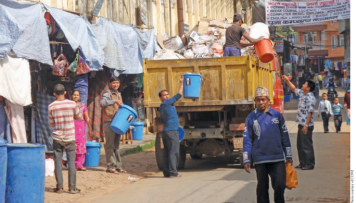Related
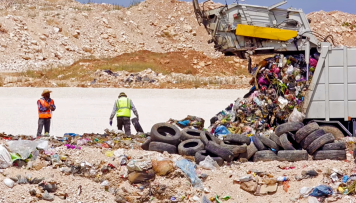
Grant Funding
West Bank: Solid Waste Management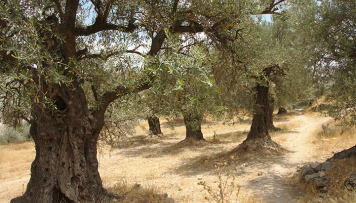
Grant Funding
West Bank and Gaza: Real Estate Registration Project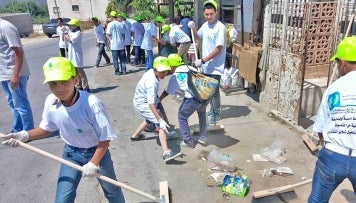
September 02, 2013 |Press releases
840,000 West Bank Residents to Benefit from Improved Solid Waste Management Services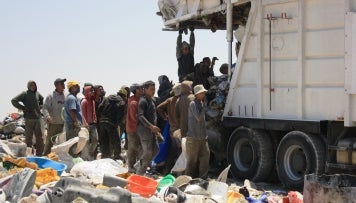
November 08, 2013 |Feature Stories
West Bank Solid Waste Management Project Highlighted by World Bank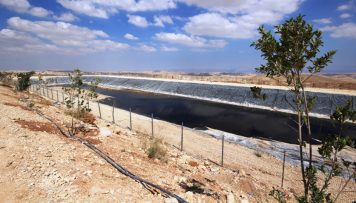
November 18, 2014 |Feature Stories
IFC Corporate Award Recognizes West Bank Solid Waste Management Project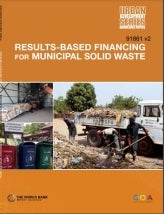
Results-Based Financing for Municipal Solid Waste
Municipal solid waste management (MSW) is a crucial service provided by cities around the world, but is often inefficient and underperfor
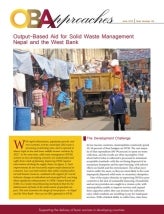
OBApproaches for Solid Waste Management: Nepal and the West Bank
With rapid urbanization, population growth, and new economic activity, municipal solid waste is increasing at alarming rates, and is expe



